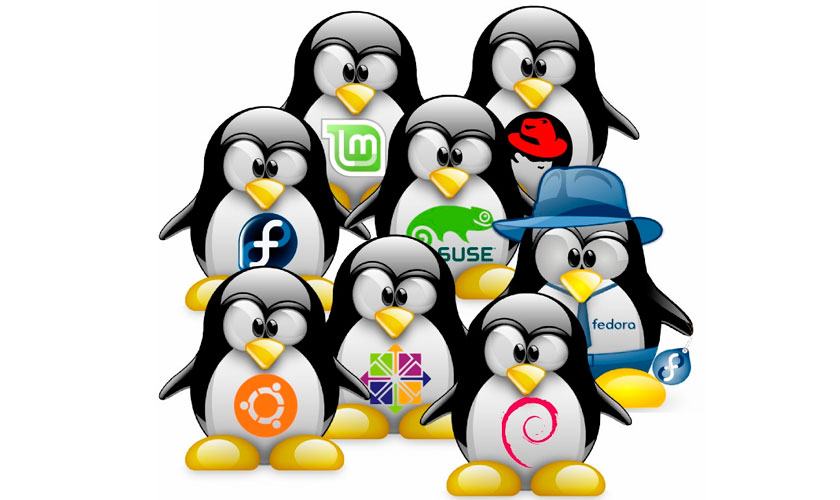–Xubuntu: It is the simplest one, the operating system is lightweight and it supports and runs well on old hardware. But one should keep in mind that some things don’t work out of the box, especially if you have a very new computer with UHD display.
–Kubuntu: A very popular distribution based on Ubuntu for people who like KDE desktop environment, which has its own philosophy.
–elementaryOS: Ubuntu based and influenced by Mac OSX. It has its a very minimalistic desktop design and light-weight vApp for daily, common usage.
–Mint: A bit heavy, but not as much as Ubuntu, with a Cinnamon desktop environment perfect for those who like more classical desktops. It has out-of-the-box multimedia support, and it’s Ubuntu and Debian compatible.
–Fedora: Developed by RedHat and very east to use. It is recommended for developers who like Gnome 3 user interface. It is also a good choice for developers that run RedHat Enterprise Linux or Centos on their servers because they share the same core, and yum and rpm knowledge transfers. It was always recognized as one supporting developers well, with a lot of IDEs and development build tools available.
–Arch Linux: A rolling release distro with always the latest stable versions of individual packages. Developers looking to always be on bleeding edge should look into this distribution.
See more Linux tips and best practices in this article








0 Comments